Politics
ASIA, BEIJING, BRAZIL, BRITAIN, CHINA, DIPLOMACY, DOWNING, DOWNING STREET, EUROPE, EUROPE/ASIA, FOREIGN POLICY, HONG KONG, INTERNATIONAL RELATIONS, JIMMY LAI, LABOUR PARTY, LONDON, MEXICO, NORTH AMERICA, PRESS ASSOCIATION, RIO DE JANEIRO, RUSSIA, SOUTH AMERICA, STARMER, U. K, UK, UKRAINE, UNITED KINGDOM, WANG YI, XI, XI JINPING, XINHUA
Nia Simpson
Starmer Advocates for Strong UK-China Relations in G20 Meeting with Xi
U.K. Prime Minister Keir Starmer met with Chinese President Xi Jinping at the G20 summit in Brazil, calling for a strong, enduring relationship between the U.K. and China. This meeting, the first since 2018, seeks to mend ties strained by human rights issues and China’s international conduct. Starmer emphasized pragmatic cooperation while addressing sensitive topics like the detention of Hong Kong activist Jimmy Lai.
The United Kingdom’s Prime Minister, Keir Starmer, emphasized the importance of establishing a robust and enduring relationship with China during a meeting with President Xi Jinping at the G20 summit in Brazil. This marks a significant diplomatic engagement as it is the first instance of a British leader meeting with Xi since 2018, amidst strained relations due to various geopolitical concerns, including human rights violations and China’s support for Russia in the Ukraine conflict. Starmer conveyed his intent for consistent and respectful relations with China, asserting that surprises should be minimized in their interactions. Downing Street outlined Starmer’s intention to adopt a pragmatic approach towards collaboration with Beijing, particularly in areas of global stability, strengthening economic relations, climate action, and clean energy transition. Furthermore, Starmer addressed more contentious issues, notably the detention of Jimmy Lai, a pro-democracy advocate from Hong Kong, highlighting the U.K.’s persistent concerns over human rights amidst China’s imposition of a national security law. Reportedly, journalists were excluded from the dialogue when these sensitive topics were discussed, underlining the delicate nature of the issues at hand. Xi responded by acknowledging the potential for increased cooperation between the U.K. and China, advocating for an enhancement of political trust that would serve mutual interests despite their differences. This meeting follows the previous diplomatic efforts that included a visit by U.K. Foreign Secretary David Lammy to Beijing, indicating a shift towards engagement after years of tension. Starmer’s recent calls for strong bilateral relations reflect a broader strategy of reconciliation and dialogue in international diplomacy.
This article pertains to the evolving diplomatic relations between the United Kingdom and China, which have been adversely affected by numerous issues such as security concerns, human rights violations, and China’s foreign policy actions. The last formal meeting between a British leader and Xi Jinping took place in 2018, following which relations have fluctuated, particularly in light of events such as the Hong Kong protests and the war in Ukraine. Starmer’s intent to fortify relations signifies a strategic pivot aimed at fostering dialogue on critical international issues, including trade and climate change.
In summary, Prime Minister Keir Starmer’s recent meeting with Chinese President Xi Jinping signifies a pivotal step towards mending U.K.-China relations, which have been fraught with tension in recent years. Starmer’s commitment to a strong, pragmatic partnership, while addressing critical human rights issues, reflects a nuanced approach to international diplomacy. The dialogue not only addresses lingering geopolitical concerns but also seeks to establish a foundation for enhanced cooperation on global challenges.
Original Source: apnews.com
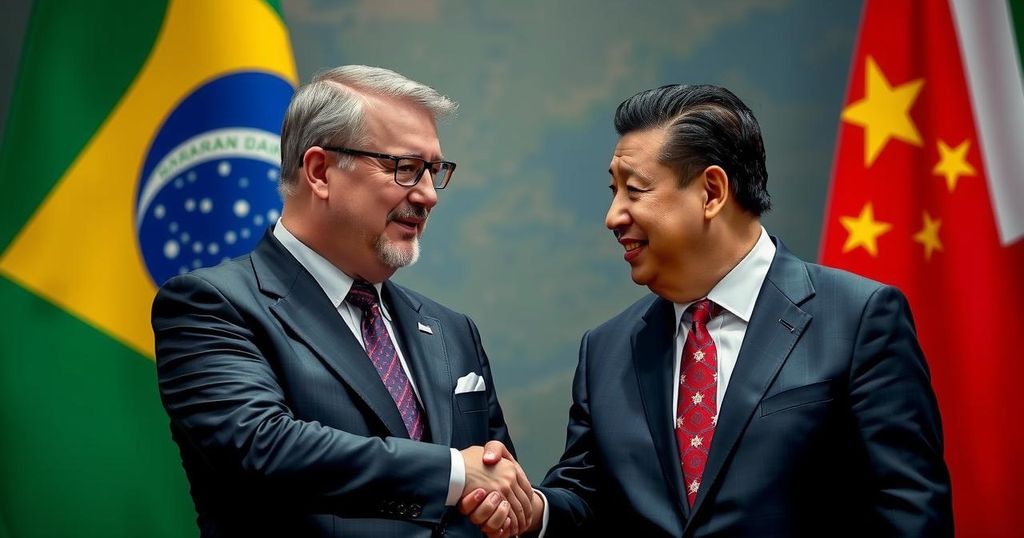
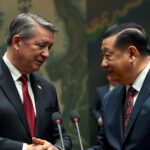

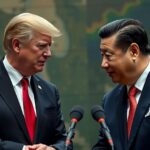
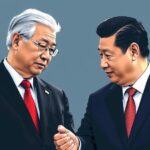
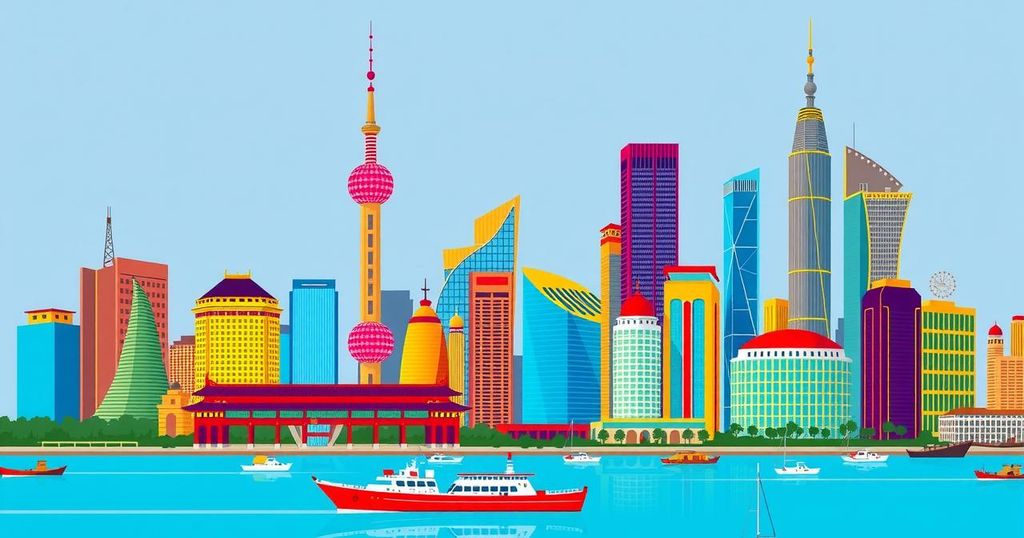


Post Comment